The people of NetTrek
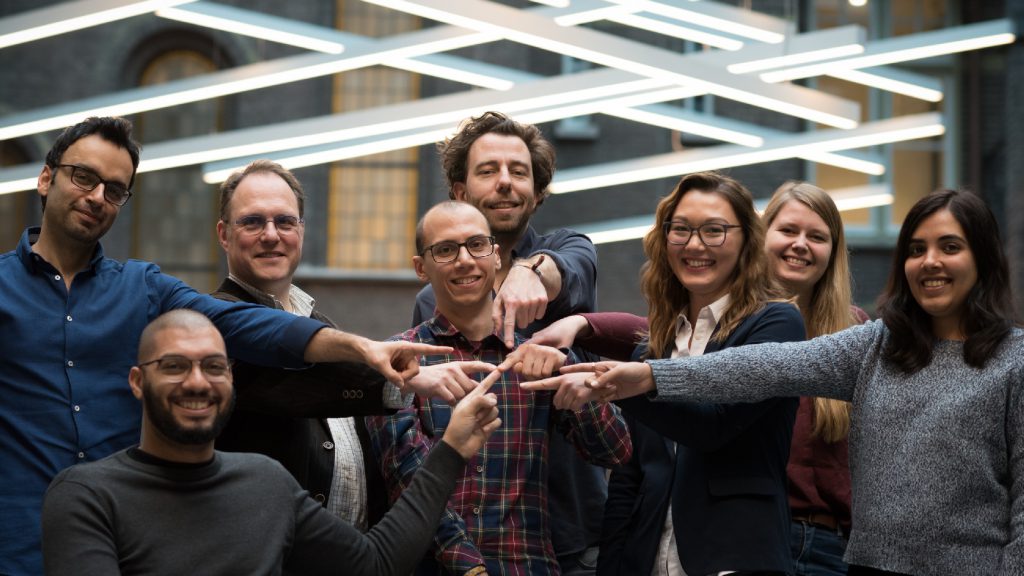
Founders
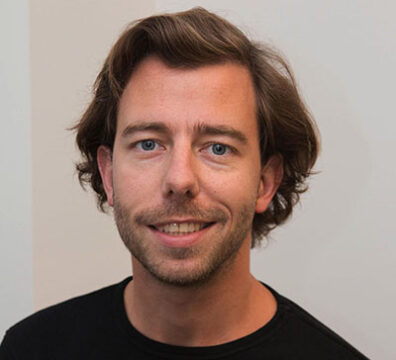
Joris Mulder
I work as an associate professor at the Department of Methodology and Statistics at Tilburg University and the Jheronimus Academy of Data Science. In my research I develop Bayesian statistical methods for applications in the social, behavioral, and medical sciences. I am active on the following research themes.
- Dynamic social network modeling.
- Bayes factor hypothesis testing.
- Bayesian regularization, Bayesian structural equation modeling.
- Bayesian clinical trial designs.
- Bayesian network autocorrelation modeling.
- Gaussian Graphical Models.
Contact
J.Mulder3@tilburguniversity.edu

Roger Leenders
Contact
R.T.A.J.Leenders@tilburguniversity.edu
Members
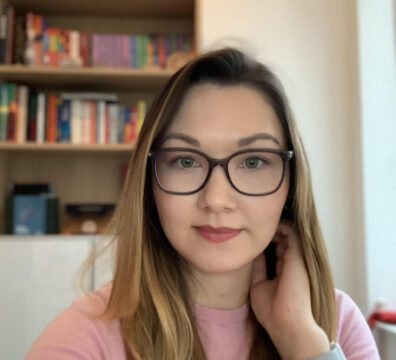
Diana Karimova
Background
- Bachelor’s degree in mathematics (Lomonosov Moscow State University)
- Master’s degree in quantitative economics (Erasmus Mundus Joint Degree)
Summary of my project
- In my PhD project I am studying Bayesian models and methods applied to various empirical network data. Bayesian models can help to indicate significant predictors and numerically solve the model specification
problem.

Fabio Vieira Generoso
Background
- Bachelor’s degree in Actuarial Science.
- Master’s degree in Statistics.
Summary of my project
- My PhD project is focused on developing multilevel models for dynamic social network data. In this framework, observations are nested in groups, each representing an independent network containing actors sampled from the population under study. So far, we have developed multivariate network models to analyze these data by estimating the covariate effects in the population and conducting formal hypothesis testing methods to examine both significances of effects and to investigate scientific
hypotheses.

Giuseppe Arena
Background
- Bachelor’s degree in statistics (University of Palermo, Italy)
- Master’s degree in Biostatistics (University of Padova, Italy)
Summary of my project
- In my project, I work on the tie-oriented relational event modeling framework (Relational Event Model, Butts 2008) and the actor oriented frameworks (e.g., DyNAM, Stadtfeld et al. 2017). My project’s purpose is to enrich the existing modeling framework with new methods (extensions), which aim to understand whether and how past relational events have a differen impact on future interactions based on their time recency and other events features in temporal social networks

Mahdi Shafiee-Kamalabad
More info coming soon.
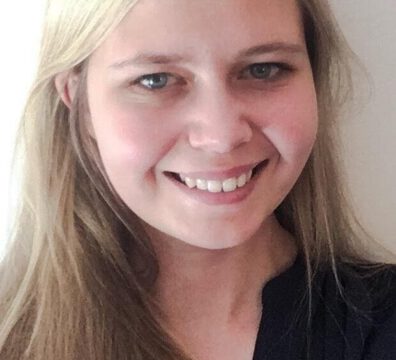
Marleyne Meijerink
Background
- Bachelor’s degree in Psychology, Utrecht University (2016)
- Master’s degree in Methodology and Statistics for the Behavioural, Biomedical and Social Sciences,
(Utrecht University 2018, cum laude)
Summary of my project
- My PhD project focuses on developing methods for modeling real-life social interaction
dynamics. That includes the introduction of relational event models for studying social
interaction dynamics to psychology researchers, investigating if and how drivers of social interaction develop over time, and studying how the duration of past interactions both impacts the future interaction rate and is impacted by past interaction patterns.
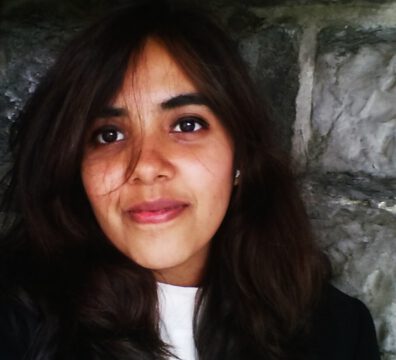
Rumana Lakdawala
Background
- Master’s degree in Artificial Intelligence (KU Leuven, Belgium).
Summary of my project
- My first PhD project involved developing a flexible and fast data generating package ‘remulate’, for the tie-oriented Relational Event model (REM). I further extended the package to include extensions of REM including the actor oriented DyNAM model of Stadtfeld (2017) and allowing
memory effects to persist over time.
Former members
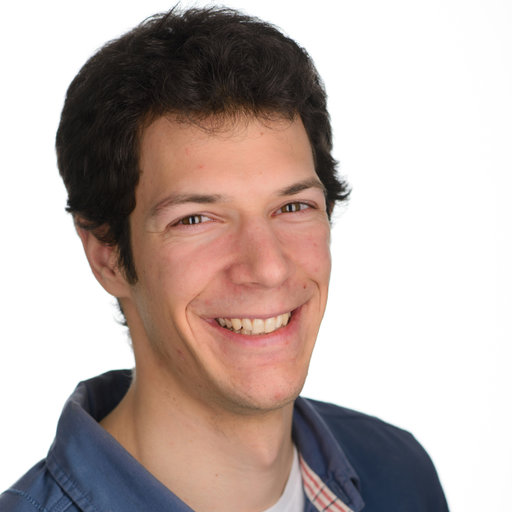
Dino Dittrich